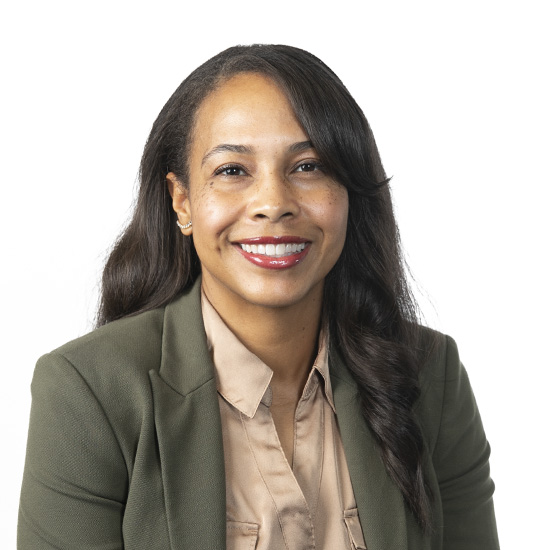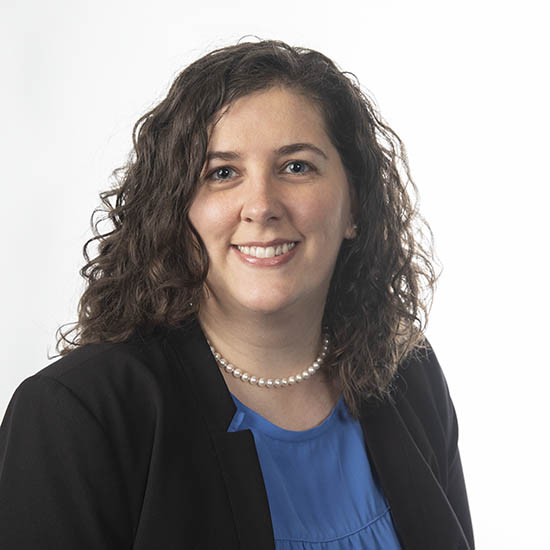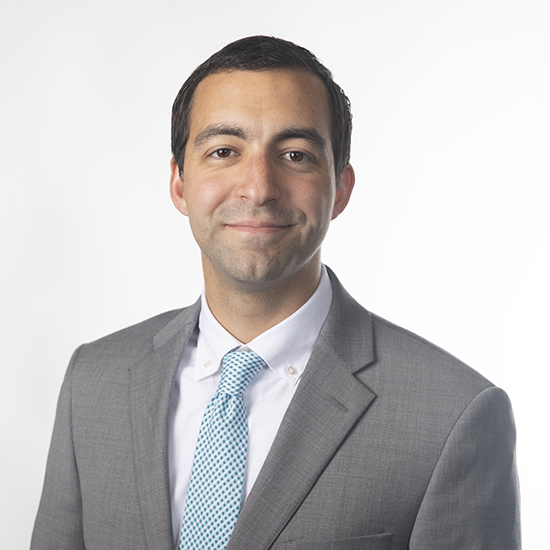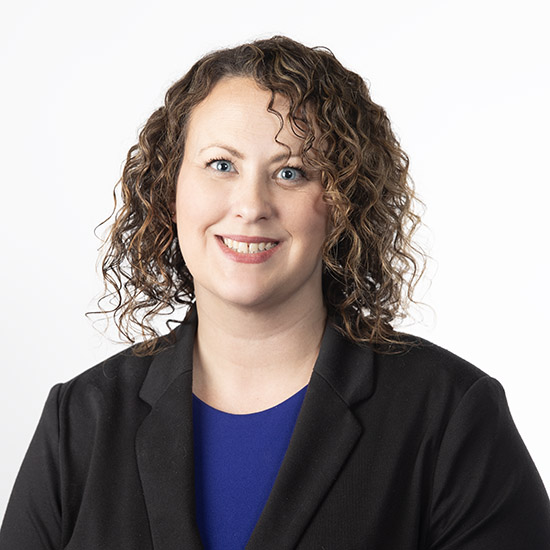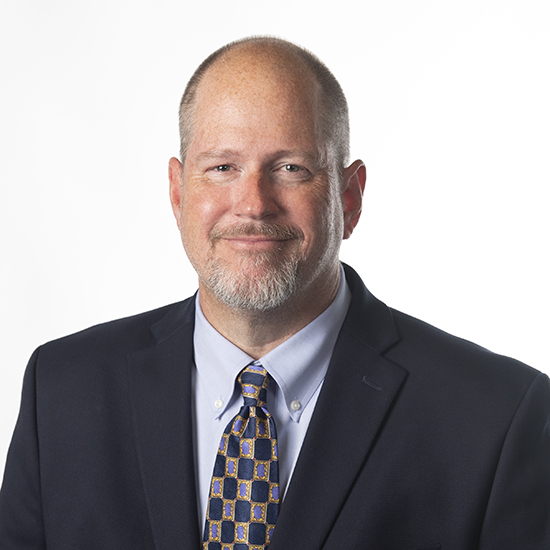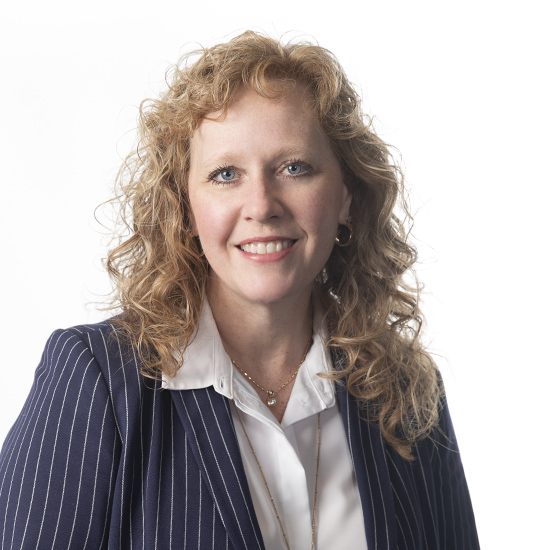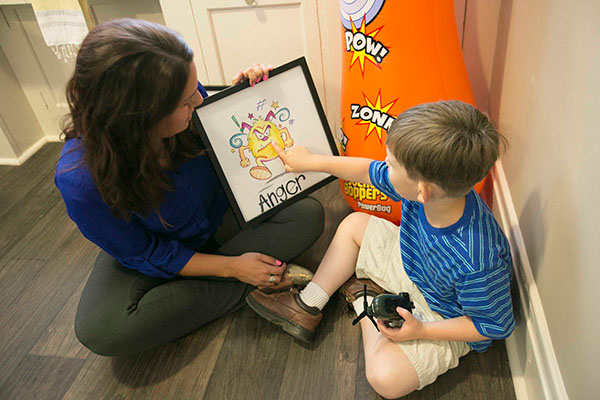
Clinical Mental Health Counseling
Program Overview
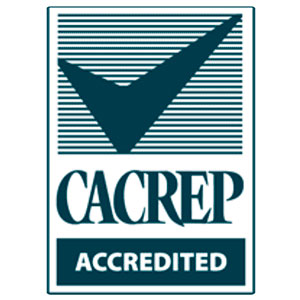
You have a passion for helping those who are hurting and finding answers for those who are searching. Learn how to touch lives in meaningful ways only a licensed mental health counselor can. We’ll help you achieve your goal to help those in need through clinical mental health counseling.
Today’s counseling job landscape involves looking through the lens of an individual's psyche. When researching mental health counseling programs, you need a degree that trains you to walk with clients as they navigate life's challenges. Lipscomb offers just that through our Master of Science in Clinical Mental Health Counseling. In addition to our generalist track, we have specializations in play therapy and addiction, that fully prepare you to enter whichever field of counseling matches your interests.
Lipscomb’s small class sizes mean you'll get the personalized guidance necessary to advance. The curriculum is built around licensure expectations, and our 100 percent pass rate ensures you'll be prepared to excel. Study in the first faith-based, CACREP accredited program in Tennessee to arrive at the intersection of caring and competence.
* For more information about accreditation, mission, goals, and policies of the program, see our documentation.
Program Statistics:
- Number of graduates in the past year: 32
- Completion rate: 95.4%
- Licensure or certification examination pass rate: 100%
- Job placement rate: 100%
Follow the Department of Psychology, Counseling & Family Science on Instagram and Facebook
Specializations:
Clinical Mental Health Counseling Program Outcomes
A Master of Science in Clinical Mental Health Counseling from Lipscomb equips you with imperative skills to help others in their mental health journey. This includes training to develop your ethical competence, grow dispositions essential to counseling such as empathy, engage in personal and professional growth, and embrace interprofessional collaboration.
Admissions Requirements
The following items are required to apply for the Clinical Mental Health Counseling Program:
- Lipscomb University's online application
- Two letters of recommendation (at least one recommendation must be an academic or professional reference)
- Official transcripts from all schools in which a degree conferred was received.
- A Bachelor's degree (any major) with a 3.0 GPA. If your GPA is below a 3.0, please submit one of the following:
- GRE Scores
- A short explanation of your GPA (why and how you've grown)
- Transcripts of a completed master's degree
- Resume
- A 45-60 second video that answers the following question: What do you do for fun?
- A maximum of 3 pages, double-spaced essay. Please review our HERD dispositions on the Program Overview tab and consider them as you write your essay. In your paper, please highlight your strengths and potential areas of growth related to any (or all) of these dispositions. You may choose to address them in any way you desire. Please be sure your essay includes stories from your personal and/or professional life.
- Interview. Preference for admission is given to those who attend interviews in-person.
The Fall 2025 application deadline was March 1st, 2025.
The Spring 2026 application deadline is October 1st, 2025.
The Fall 2026 application deadline is March 2nd, 2026.
Courses
The Master of Science in Clinical Mental Health Counseling program is a 7-semester program. The following schedule is a typical first-year schedule which may vary slightly based on the chosen specialty:
Tuition & Aid
Program tuition is currently $962* per credit hour.
Additional fees not included in tuition:
- $375 for iPad
- $150 for Tevera
- $100/year for ACA membership
- $35 approximate background check fee
- $100 per semester technology fee
- $250 graduation fee
*Note: The graduate tuition rates may increase annually, effective each summer semester.
LPC Exam pass rate
Clinical Mental Health Counseling Stories
Job placement rate
Our Faculty
Internship sites
Career Paths
Clinical Mental Health Counselor
Clinical mental health counselors walk alongside people who suffer from alcoholism, drug addiction, disorders, anxiety, and other mental or behavioral problems to provide competent treatment to support and help clients heal.
Play Therapist
After becoming a licensed Clinical Mental Health Counselor or Marriage and Family Therapist, you can become a registered play therapist. A registered play therapist will use play therapy to help clients (regardless of age) find healing and achieve the growth they desire.
Alcohol & Drug Addiction Counselor and Clinical Mental Health Counselor
With our addiction specialization, you can become dually licensed as an LPC-MHSP. This unique perspective allows counselors to simultaneously treat an addiction while also treating the underlying cause of the addiction. This is a highly marketable skillset that can easily transfer to helping a variety of problems, not just addiction.
